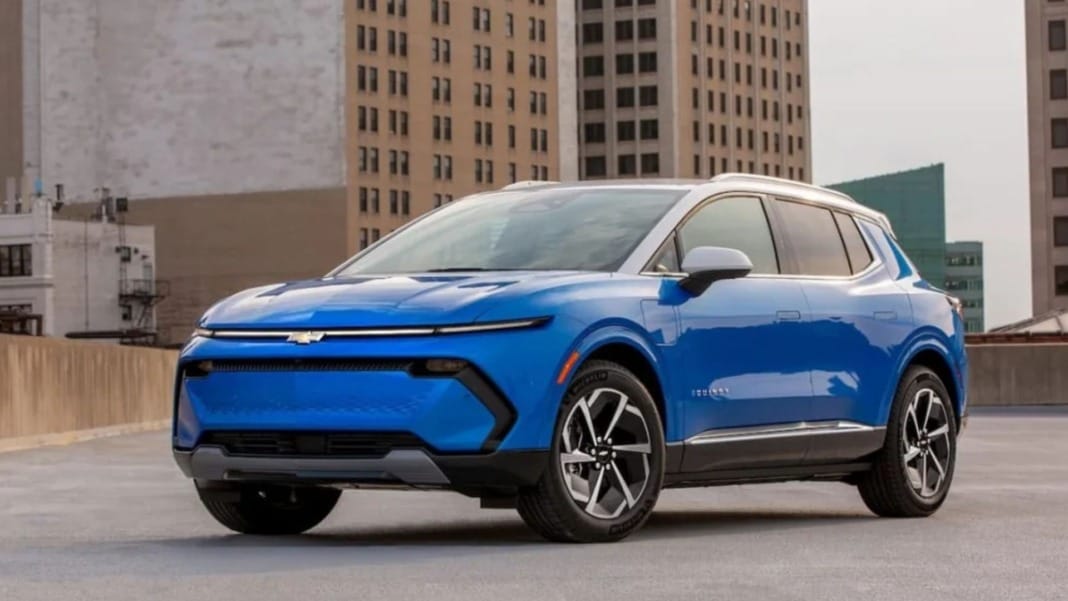Meta, formerly known as Facebook, has had to rethink its plans for a nuclear-powered AI data centre due to the unexpected discovery of a rare bumblebee species on the proposed construction site. According to a recent report by the Financial Times (FT), this surprising development adds to a list of environmental and regulatory challenges facing Meta’s ambitious energy strategy.
Rare bee discovery halts Meta’s construction plans
In its drive to support growing demands for AI, Meta has been exploring nuclear power as a sustainable solution to fuel its data centres. Like other major tech companies, including Google, Amazon, and Microsoft, Meta has sought carbon-free energy sources to power its resource-intensive AI technologies. However, discovering a rare bee species on the land earmarked for the nuclear-powered facility has forced the tech giant to put its plans on hold.
The setback has been particularly challenging for Meta, as it was reportedly close to securing a partnership with a nuclear energy operator to supply a new AI data centre with clean, reliable power. This plant was intended to support Meta’s expanding AI capabilities while ensuring a sustainable approach to energy use. However, Meta must now rethink its options due to the ecological impact and regulatory hurdles associated with constructing a facility in an area home to this rare bee species.
The FT report suggests that despite the setback, Meta remains committed to pursuing carbon-free energy alternatives and is actively exploring options for relocating the project to a new site without such environmental restrictions. By shifting focus to a different location, Meta hopes to continue its plans for sustainable AI data centres, free from complications involving rare wildlife.
Tech giants turn to nuclear power for sustainable AI growth
Meta’s nuclear ambitions reflect a broader trend in the tech industry. With AI’s rising energy requirements, companies increasingly use atomic power to meet sustainability goals. Data processing for generative AI products demands significant electricity, and as AI becomes more integral to modern services, finding stable and clean energy sources is essential.
Last month, Google announced a new deal with nuclear energy startup Kairos Power. The agreement involves Google purchasing 500 megawatts of carbon-free power from Kairos’s small modular reactors (SMRs), which are expected to go online by 2030 with a full rollout by 2035. This partnership is part of Google’s strategy to create a reliable, sustainable power grid that supports continuous AI operations.
Google’s senior director of Energy and Climate, Michael Terrell, expressed the company’s commitment to pioneering clean energy solutions for AI. “The grid needs new electricity sources to support AI technologies that are powering major scientific advances, improving services for businesses and customers, and driving national competitiveness and economic growth,” Terrell wrote in a blog post. “This agreement helps accelerate a new technology to meet energy needs cleanly and reliably and unlock the full potential of AI for everyone.”
Microsoft has also taken significant steps to incorporate nuclear energy into its AI strategy. In September, the company revealed plans to restart a unit at the Three Mile Island nuclear plant in New York to supply power to its data centres. This initiative marks another move towards energy independence for AI-driven data processing, positioning Microsoft as a sustainable AI energy solutions leader.
The future of Meta’s carbon-free ambitions
Meta’s commitment to clean energy remains strong despite the latest obstacles. Although the company has been forced to abandon its initial plans for a nuclear-powered AI data centre at the original location, it remains optimistic about finding alternative energy solutions. The search for carbon-free power sources is vital for Meta as it continues to expand its AI services and adopt sustainable practices.
By addressing the challenges posed by rare wildlife and other environmental factors, Meta and other tech companies are setting new standards for the tech industry’s approach to sustainable growth. As AI becomes increasingly vital in business, science, and national infrastructure, finding eco-friendly energy solutions will be a priority across the industry.





